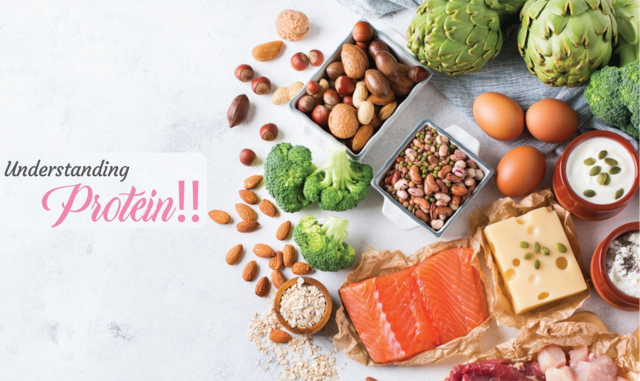Understanding Proteins: Types And Functions
Overview
Protein is an essential component if you follow a healthy diet. Proteins are composed of blocks called amino acids. Amino acids are used by your body to help build muscles and bones to make enzymes and hormones. They act as an energy source for your body. You should always eat a well-balanced diet with enough protein; however, if you cannot get enough protein from your diet, you can consider including GNC whey protein to fulfill your nutritional needs.
What Are Proteins?
Proteins are huge, complex chemical molecules that have significant roles in your body. They perform many important functions and regulate tissues and organs in your body. Amino acids are attached to each other and form long chains and proteins are made up of numerous small units of amino acids. Nearly 20 types of amino acids combine together to form a protein molecule.
Types And Functions Of Proteins
There are mainly seven types of proteins with different functions, which are as follows:
- Hormones: These are chemical signals which are released by endocrine glands. They control physiological factors like development, growth, reproduction, and metabolism. Protein-based hormones are called peptide hormones. For example, insulin is a crucial peptide hormone that helps regulate blood glucose.
- Peptide Bonds: Every protein comprises one or more polypeptide chains, and every chain comprises amino acids linked together in a specific sequence. The order of amino acids helps to determine the function and structure of polypeptides and the protein part. These amino acids are attached by peptide bonds.
- Enzymes: These are the biochemical catalysts that carry out thousands of chemical processes that happen in cells. They also help form new molecules using the genetic information stored in your DNA.
- Transport Or Storage Proteins: As the name suggests, these types of proteins carry and bind small molecules or atoms within cells and throughout your body.
- Antibody: These proteins bind to certain foreign particles like bacteria and viruses to protect your body against harmful particles. E.g immunoglobulin G.
- Structural Component: They provide structural support for your cells. Essentially, they allow your body to make movement. For example, Actin provides mechanical support, allows movement, and gives shape to your body.
- Messenger: These proteins help in transmitting signals to link biological processes between tissues, cells and organs—e.g. Growth hormone.
In addition, protein plays a vital role in bodybuilding. Also, pairing your protein with the best pre-workout for effective results would be best.
Conclusion
You must have understood by now what proteins are and how important they are for your body. When you combine proteins with a proper workout, you get big muscles. Also, the best way to complete your daily protein requirements is by eating fish, beans, legumes, nuts, and lean meat. Although, the amount of protein you need depends on your age, health, and physical activity. Additionally, you can incorporate raw whey protein in your diet to get enough protein.



Comments are closed.